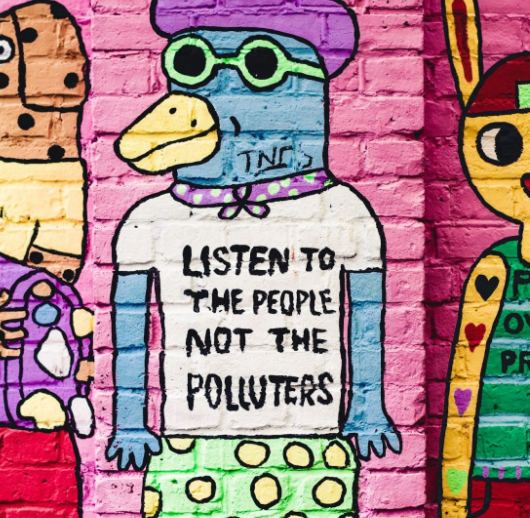Kris Duggan: Tech Hiring Managers Need to Watch These 5 Trends in Q3 2024

Virtually every big tech company has announced major layoffs in the past 18 months. Meta, Amazon, Google, even Microsoft: all appear to be leading the way into a leaner, more productive future.
That’s the narrative, anyway. But as is often the case, reality is more complicated, and the industry’s hiring managers — whose job is never easy — face an especially uncertain near-future.
Fortunately, tech entrepreneurs like Kris Duggan and seasoned insiders like Colin Lernell have seen this movie before. Something like it, at least. Here’s what they see coming around the bend in Q3 2024 and beyond — and what they think tech industry hiring managers should do to prepare themselves and their companies.
1. It’s Becoming a Seller’s Market for Talent
The much-feared, much-anticipated “tech recession” is looking much less scary and much less certain these days. Hiring is starting to gather pace in some corners of the industry, and some experts are betting on a steadier flow in the back half of 2024.
This means that many of the workers laid off in 2023 and early 2024 will find new homes in the not too distant future.
As that labor “slack” gets absorbed back into the workforce, hiring managers will find it more difficult to source qualified candidates. They’ll either need to sweeten their offers, which we’re already seeing signs of, or relax candidate standards. Creative tech recruiters will make out well by cutting back on empty perks and doubling down on “culture fit,” as we’ll explore in a moment. But first, there’s an important — and potentially controversial — trend driving near-term tech hiring.
2. AI Hype Is Overdone (For Now)
Yes, you read that right. AI is still very real and still very likely to take over the world sooner or later (hopefully later).
However, as often happens with the “next new thing” in tech, the hype cycle is officially ahead of itself. Despite billions in investment by heavyweights like Microsoft and Google, non-tech companies aren’t readily finding productive uses for consumer-facing generative AI applications, at least beyond obvious use cases like customer support. More troublingly, many small and midsize companies riding the AI wave are having trouble developing an effective business case that centers the technology.
This will probably change as new large language models and eventually more fundamental artificial intelligence breakthroughs emerge and reach commercial readiness. But for now, hiring managers shouldn’t race to load up on talent just because they have a few “AI” mentions in their CVs.
3. Candidates See Through Empty Perks
“Fringe benefits” are so 2018. Even tech companies that have returned to something resembling pre-pandemic normal aren’t racing to return to the days of extravagant catering, all-you-can-drink office happy hours, and multi-page partner vendor benefits lists.
Instead, candidates want what they’ve always wanted: competitive pay, solid “core” benefits (especially health insurance and retirement benefits), and reasonable amounts of company equity. They’re willing to make some tradeoffs, as we’ll see, but hiring managers ignore the “big stuff” at their own peril.
4. “Culture Fit” Is Still a Thing
About those tradeoffs: Most candidates won’t accept dramatically lower pay because they’re in love with a company’s “mission” or appreciate a decent work-life balance, but “culture fit” absolutely does matter on the margins.
In fact, “culture fit” often shows up, subtly or otherwise, in the candidates you don’t see coming through the pipeline. That is, the ones who’ve heard the “stories” and don’t even want to bother.
5. A New Wave of Startups Could Be Coming
Interest rates have been high enough for long enough for a proper contraction in startup activity. VC and PE firms are much more cautious than they were in 2020 and 2021, that’s for sure.
But interest rates are likely at a peak and could trend downward in the second half of the year, reversing the startup sector’s fortunes. For hiring managers, this means competing for talent not only with slow-and-steady enterprise companies but with scrappy early-stage companies, some of which could be poised for explosive growth.
Final Thoughts
The more things change, the more they stay the same.
It feels like this shouldn’t be the case in an industry that likes to think of itself as dynamic and ever-evolving and always-open-to-doing-things-differently, but here we are. What turned out to be a relatively brief tech recession is now mostly behind us, and the industry could be in for another period of growth — and hiring — fueled by easy money.
Will another bubble follow? Time will tell. But if history is any guide, no one in this business — least of all the folks responsible for sourcing and managing top tech talent — should bet against it.









